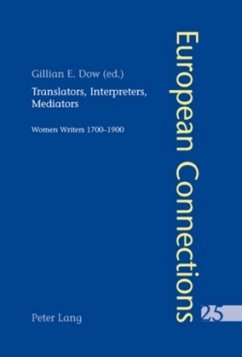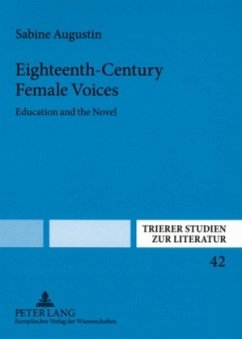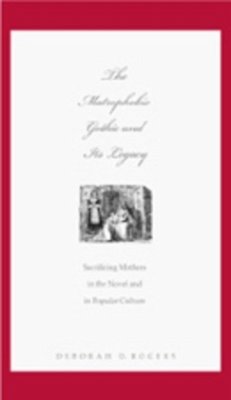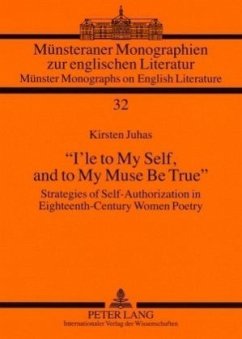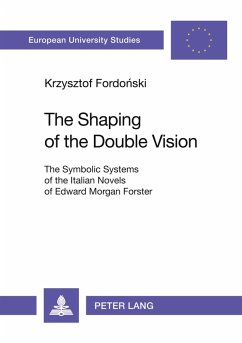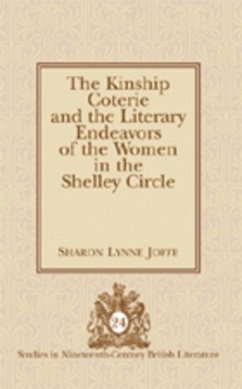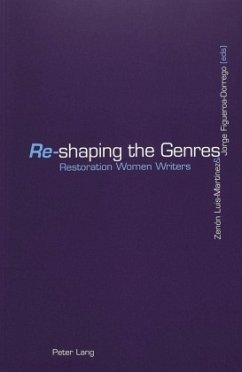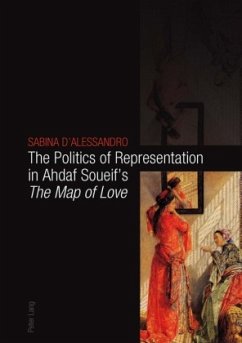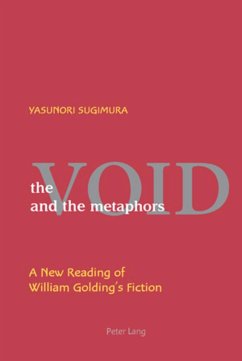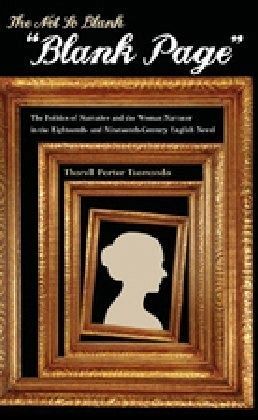
The Not So Blank 'Blank Page'
The Politics of Narrative and the Woman Narrator in the Eighteenth- and Nineteenth-Century English Novel
Versandkostenfrei!
Versandfertig in 6-10 Tagen
65,95 €
inkl. MwSt.

PAYBACK Punkte
0 °P sammeln!
A fascinating and underexplored feature of the English eighteenth- and nineteenth-century novel is that, whether written by man or woman, the "female"-narrated text codes and thematizes narrative travail. Female self-telling in these works is impelled and accompanied by psychic, rhetorical, even physical pain. This book focuses on this phenomenon, beginning with a non-essentialized definition of a "woman's text." Thorell Porter Tsomondo offers a fresh and useful frame of reference for understanding the tradition - present from the origins of the novel - of narrative from a marginalized positio...
A fascinating and underexplored feature of the English eighteenth- and nineteenth-century novel is that, whether written by man or woman, the "female"-narrated text codes and thematizes narrative travail. Female self-telling in these works is impelled and accompanied by psychic, rhetorical, even physical pain. This book focuses on this phenomenon, beginning with a non-essentialized definition of a "woman's text." Thorell Porter Tsomondo offers a fresh and useful frame of reference for understanding the tradition - present from the origins of the novel - of narrative from a marginalized position, a position instructed not just by gender but by class, colonial and postcolonial politics, and the exigencies of the narrative terrain itself.





